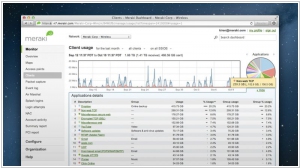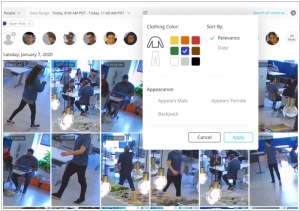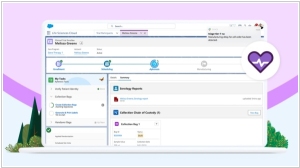Cisco Meraki vs Verkada
November 11, 2023 | Author: Michael Stromann
Cisco Meraki and Verkada are both well-known providers of cloud-based networking and surveillance solutions, but they have distinct differences in their product offerings and target markets. Cisco Meraki specializes in comprehensive cloud-managed networking solutions, including wireless access points, switches, security appliances, and cameras. Their products are designed for businesses of all sizes, offering centralized management, advanced security features, and extensive scalability. On the other hand, Verkada is primarily focused on delivering modern cloud-based video surveillance solutions. They offer a range of high-definition cameras with built-in storage and advanced analytics capabilities. Verkada's emphasis is on providing a user-friendly experience, easy deployment, and robust security features.
See also: Top 10 Surveillance Systems
See also: Top 10 Surveillance Systems
Cisco Meraki vs Verkada in our news:
2020. Cisco acquires Modcam to make Meraki smart camera smarter

Cisco has recently completed the acquisition of Modcam, a Swedish startup, and plans to integrate its computer vision technology into its Meraki smart camera portfolio. Although Meraki already offers smart cameras with motion detection and machine learning features, these capabilities are currently limited to individual camera operations. By incorporating Modcam's expertise, Cisco aims to enhance its camera portfolio by enabling information gathering and applying machine learning across multiple cameras, thereby significantly expanding the capabilities of its smart cameras.
2020. Enterprise video security service Verkada raises $80M
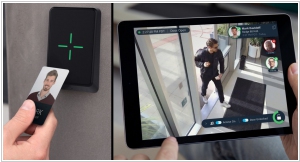
Verkada, a company that leverages machine vision and cloud technology for commercial video security, has recently secured an impressive $80 million in Series C funding, resulting in a post-money valuation of $1.6 billion. With a total funding of $139 million, Verkada offers a range of products including dome cameras, fisheye lenses, footage viewing stations, and comprehensive software that enables remote monitoring from any location. In addition, Verkada is introducing a new access control system, currently in beta testing and set for a Spring launch, that incorporates two-factor authentication for doors. This system goes beyond traditional key fobs or badges by utilizing Verkada cameras to match an individual's face with their access permissions. Already boasting 2,500 clients, including 25 Fortune 500 companies, Verkada's success is further highlighted by the fact that co-founder Hans Robertson previously co-founded IT startup Meraki, which was acquired by Cisco for $1.2 billion.
2018. Cisco Meraki Introduces MV12 Cloud-Managed Security Cameras
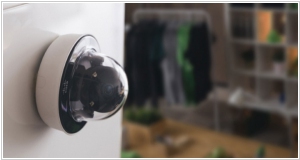
Cisco has made a significant comeback in the realm of physical security with the introduction of its MV22 and MV72 cameras, accompanied by the innovative MV Sense analytics tool. These solutions belong to the Meraki business unit, which Cisco acquired in 2012. The new cloud surveillance system revolutionizes traditional enterprise video deployments by eliminating the need for extensive infrastructure. Instead, all management tasks are consolidated into a single web interface known as the dashboard. With this approach, there is no requirement for servers, virtual machines, or software packages. Cisco operates and maintains the entire cloud infrastructure as a service, offering seamless management to all customers.
2012. Cisco acquires wi-fi security startup Meraki for $1.2B
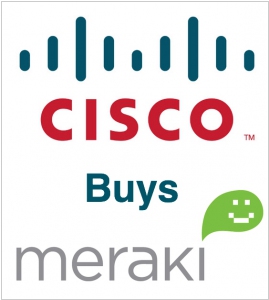
Cisco has completed the acquisition of cloud infrastructure startup, Meraki, for a whopping $1.2 billion. Meraki specializes in delivering on-premise mesh Wi-Fi networking and security devices, along with the accompanying software for seamless management. Its technology enables mid to large-size companies and organizations to establish robust cloud networks without the need for extensive IT resources, making it both convenient and cost-effective. Moreover, it is designed to accommodate the growing trend of employees accessing corporate networks via smartphones and tablets. While the acquisition sets the stage for Meraki to expand Cisco's enterprise offering in the future, for the time being, the focus will remain on serving the mid-market segment and prioritizing convenience.

